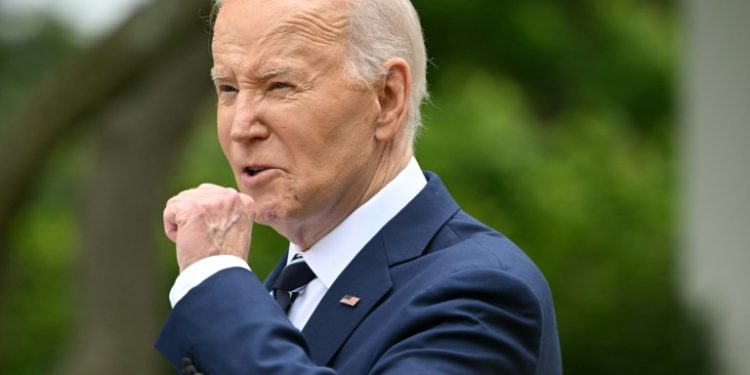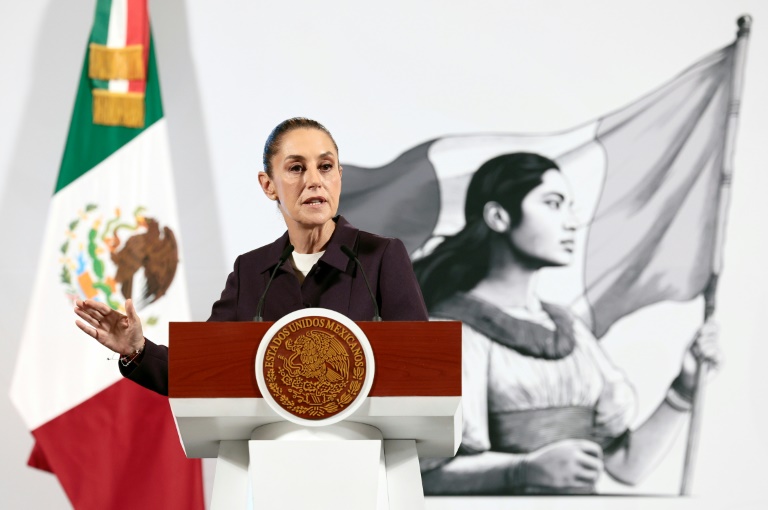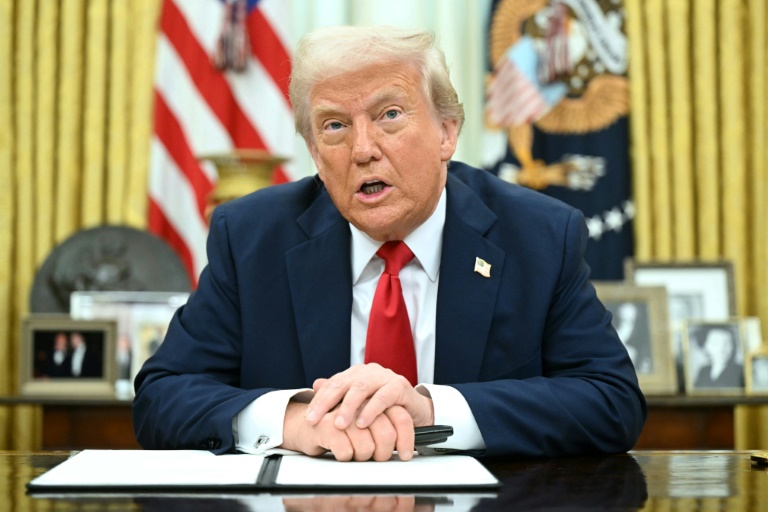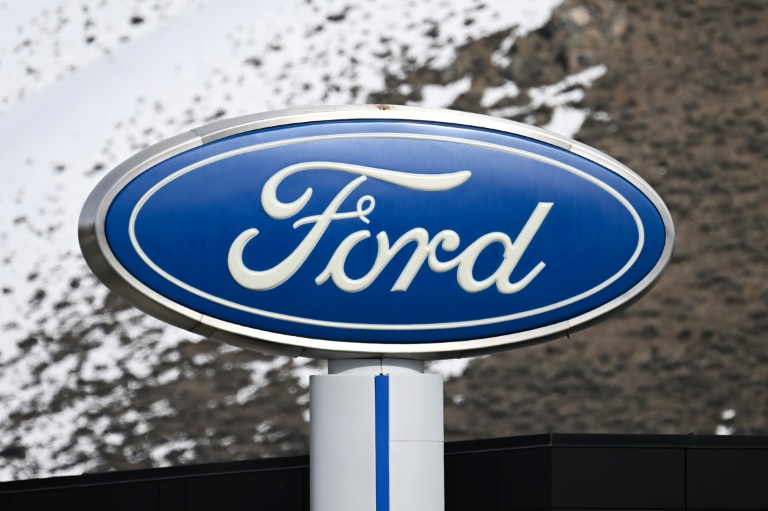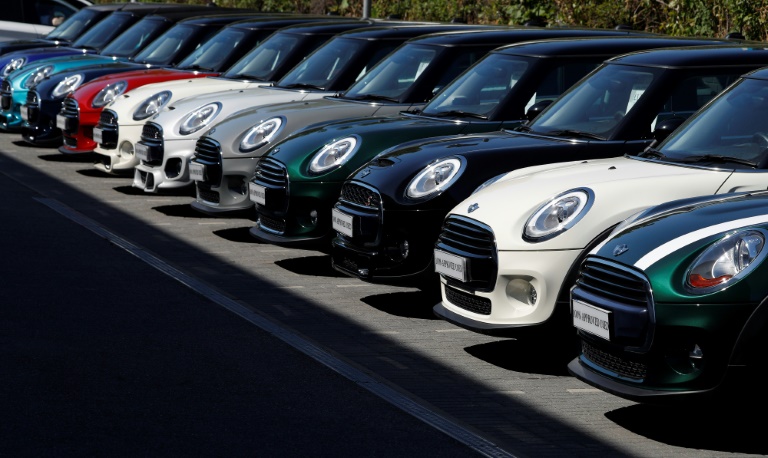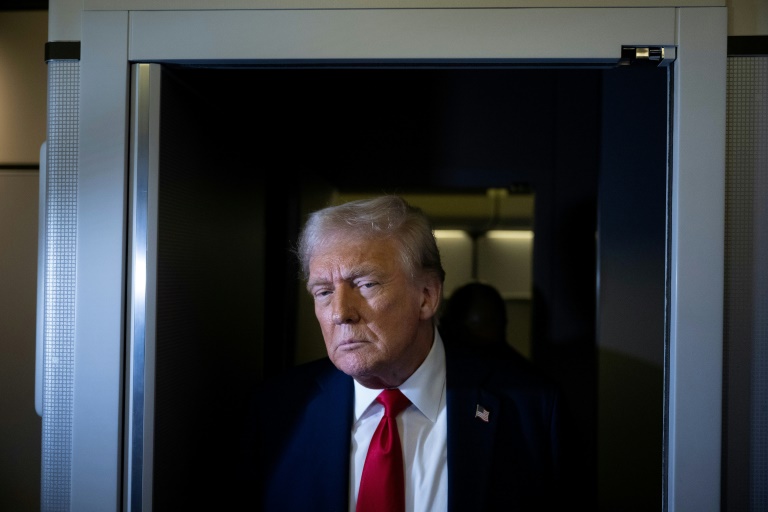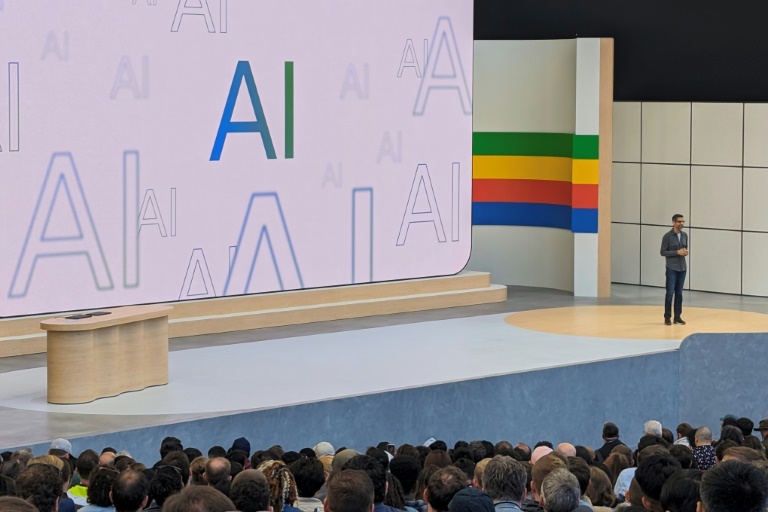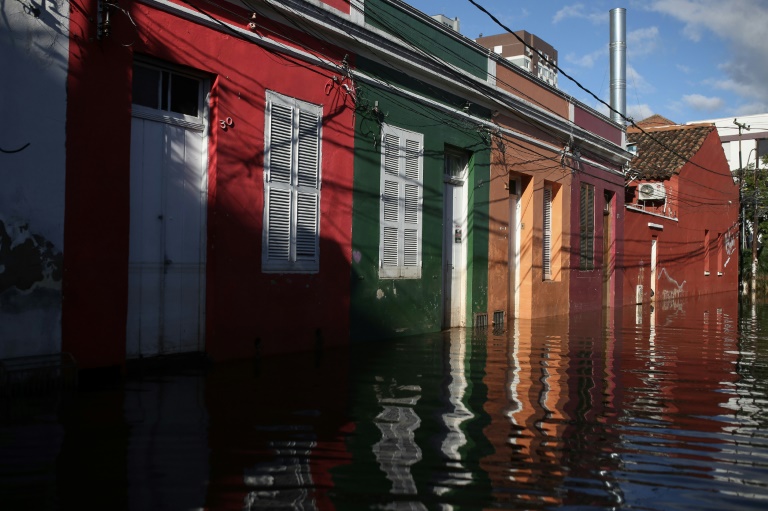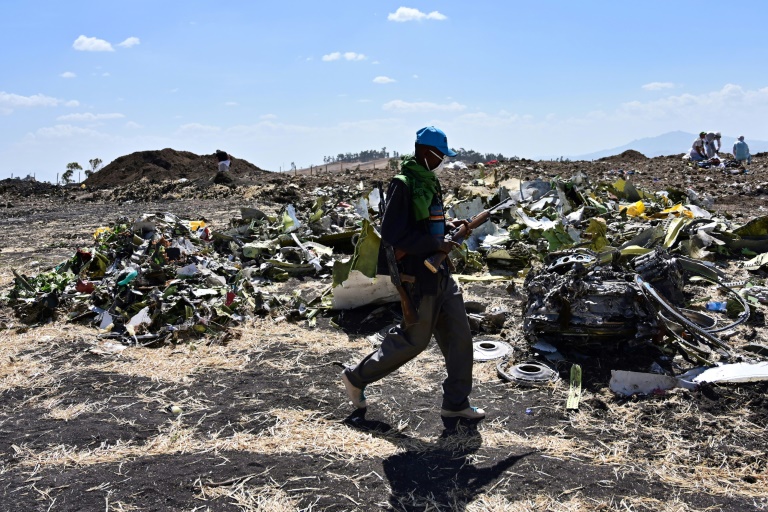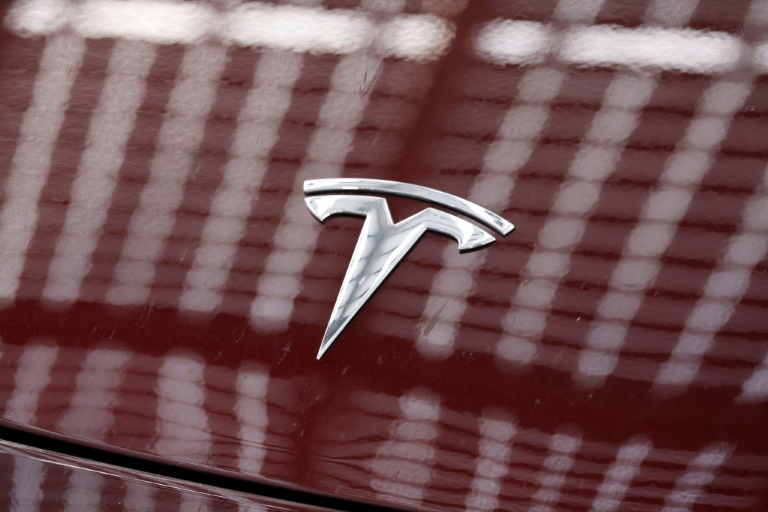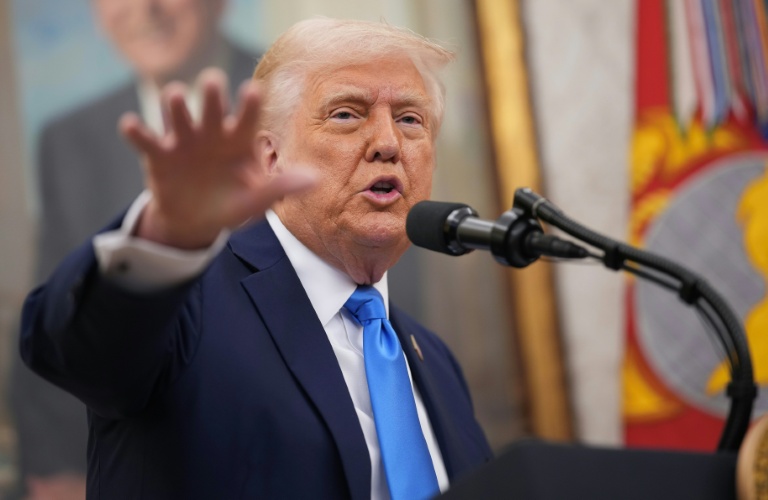Washington (AFP) – US President Joe Biden blasted Beijing Tuesday for “cheating” rather than competing as he unveiled steep tariff hikes on Chinese imports like electric vehicles and semiconductors.
The measures, which drew strong opposition from Beijing, come as Biden seeks to look tough on trade ahead of a rematch with Republican Donald Trump in November’s US presidential election.
“We’re not going to let China flood our market, making it impossible for American auto manufacturers to compete fairly,” Biden said in a speech in the Rose Garden of the White House.
“We’re never going to allow China to unfairly control the market for these cars,” he added before signing an order for the tariffs.
While Biden has been a vocal critic of tariffs imposed by Trump, he has recently been leaning towards similar tools as he seeks to win over blue-collar voters in swing states in the US Rust Belt.
Under the hikes, tariffs on EVs are set to quadruple to 100 percent this year, while the tariff for semiconductors will surge from 25 percent to 50 percent by next year, said the White House.
The measures hit a total of $18 billion worth of Chinese imports, also targeting strategic sectors like batteries, critical minerals and medical products.
Biden said China has heavily subsidized key sectors, pushing companies to make more than the world can absorb and creating a deluge of unfairly priced goods.
– China pushback –
The president’s announcement follows a review of tariffs imposed during the US-China trade war when then-president Trump introduced levies on some $300 billion in goods from China.
The Biden administration kept those tariffs in place.
The measures underscore the bitter competition between Biden and Trump for crucial votes in battleground states like Michigan, where the US car industry is centered.
Trump hit back Tuesday, saying Biden should have gone further and acted years ago.
The Republican has repeatedly accused Biden of destroying the US car industry by focusing on EVs.
The Biden administration has pumped massive funding into areas like EVs, semiconductor manufacturing and research, alongside efforts to boost green investments.
“China is eating our lunch right now,” Trump told reporters.
Asked about these remarks, Biden shot back that Trump has been “feeding them a long time.”
He added that Trump had failed to take on China while president, despite his tough talk against Beijing. China’s commerce ministry warned that the new moves would “severely affect the atmosphere for bilateral cooperation,” decrying what it said was a politicization of economic issues.
Beijing’s foreign ministry earlier said it “opposes unilateral tariff hikes in violation of WTO rules.”
China “will take all necessary measures to safeguard its legitimate rights and interests,” spokesperson Wang Wenbin added.
– ‘No surprise’ –
US Trade Representative Katherine Tai played down the risk of a trade war, saying the measures were “not about escalation.” “What we’re doing today should by no means be a surprise to our counterparts in Beijing,” she told a briefing at the White House.
She listed a host of alleged unfair practices by China including forcing companies to transfer technologies, cyber theft, and suppressing labor rights and environmental protections.
On the potential of price hikes from tariffs, Tai said resilient supply chains would instead insulate the US economy from volatility elsewhere.
Beyond EVs, Washington is roughly tripling tariffs on some steel and aluminum products, and on lithium-ion EV batteries and battery parts.
The tariff rate on natural graphite and some other critical minerals will surge from zero to 25 percent, and that on solar cells doubles to 50 percent.
Some hikes, such as on non-EV lithium-ion batteries, take effect later to provide a transitional period as the country builds up its domestic battery production, a senior US official said on condition of anonymity.
Hiking tariffs on Chinese EVs marks “a pre-emptive strike” given that few such cars are imported, said Paul Triolo, partner for China at Albright Stonebridge Group.
“It is really a signal to US automakers that the Biden administration is protecting the industry from Chinese EVs,” he told AFP.
China is likely to retaliate with tariff increases of its own, Triolo said.
© 2024 AFP

